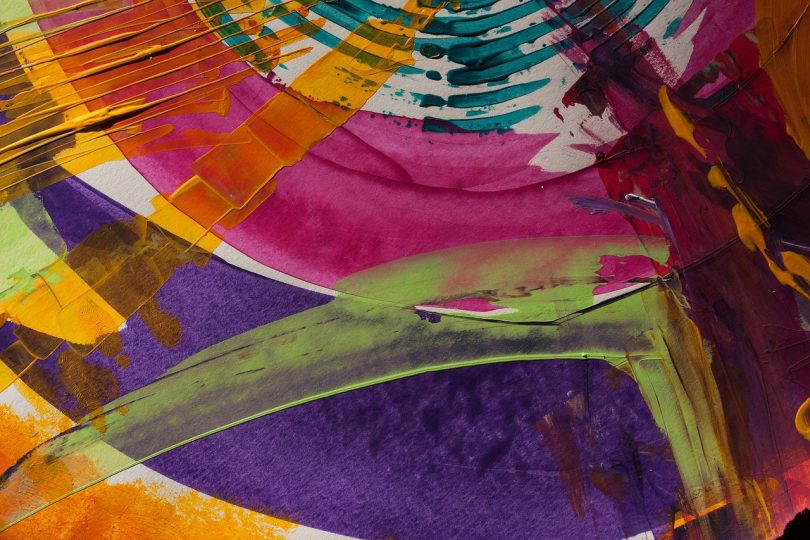Creativity. A word with so many interpretations. I wonder what you would say creativity is.
Its literal definition according to Oxford Learner’s Dictionary is “…the use of skill and imagination to produce something new or to produce art”.
But what does this mean in a practical, daily basis life? To start with, I personally think creativity is a natural trait of humankind (it may also be to another kinds…). And I also like to unfold and deconstruct the idea that creativity is necessarily connected to Fine Arts. For some reason, this connection has been made in our society – I have a few guesses on the reasons why, but this is a whole other topic!
Whilst yes, creativity is key in any area of the Arts, I believe it’s important to acknowledge the everyday decisions making creative pattern. At the end of the day, we do need to create something new every day! Deciding what road to get to work involves creativity; deciding what clothes to wear involves creativity; cooking involves creativity…and so on. Thus, consciously, or not, we use creativity every day because we need to make decisions frequently.
The confusion around the meaning of it, again in my opinion, is very related to the lack of creativity education.
Citing the remarkable Sir Ken Robinson Ted Talk “Do Schools Kill Creativity?”
There is extraordinary evidence of human creativity and its varieties in all cultures and societies of all times. Which means creativity is unanimous. This is immense. Yet, how much do people and institutions value creativity? How aware individuals and companies are of its need? How much effort and money are invested in creativity?
Coming back to the everyday life thread, yes people of Arts do need different kinds and techniques to be creative. But I wonder how creative a brain surgeon needs to be in the middle of an operation. How imaginative a lawyer needs to be to narrate a defence context for their client? And a police officer or a firefighter to accomplish success in a critical situation?
My guess is that they all must be extremely creative!
So as far as I can reflect, creativity is in many (not to say all) work scenarios instead of only being rooted in the artistic practice. But it seems to be the case that a school curriculum for example, generally focuses more on other areas which unfortunately reduces the importance of a deeper creative practice.
Citing Sir Ken Robinson again, “creativity now is as important in education as literacy, and we should treat it with the same status”.
Besides structuring the brain on possibilities and teaching towards solutions and innovation, creativity, especially in childhood, is a place of risk taking. Children take risks without the fear of making mistakes. Later in their professional life, this will mean a greater ability to deal with mistakes and criticism, both sovereign in adulthood.
An adult who knows how to deal with mistakes and criticism is a more serene and balanced adult. Therefore creativity has huge effects on our mental health – not to mention the instantaneous benefits on the human psyche whilst the creative activity is being carried out.
So, today I invite you to give creativity a chance.
Apart from the basic decisions on what road to drive or your look for the day, try a creative practice which you haven’t done for a long time. It could be a simple collage: tear some paper and stick them on another sheet or piece of cardboard (tearing paper is very stress releasing). Or maybe open that bottle of paint and give a little wall or an old furniture piece a nice dash of colour… or even grab a black pencil and doodle movements that pop into your mind.
Trust me: you will feel good because your brain will release “happy hormones” throughout your entire body. I’ve never heard of anyone that regretted doing a named creative activity.
Take a deep breath and go for it.
As Henri Matisse says, “Creativity takes courage”. And it does! But once you take that step, it also takes you to really rewarding places.
Main photo by Anna Tarazevich



